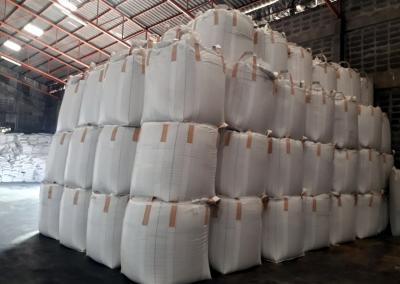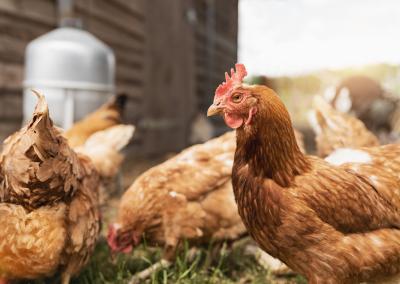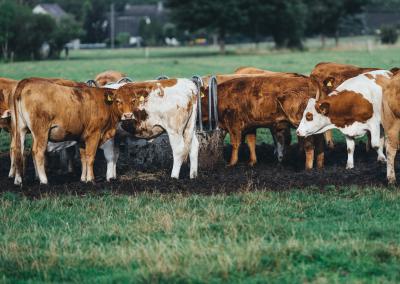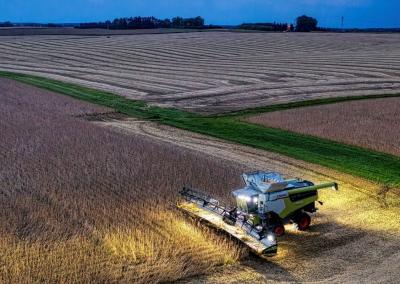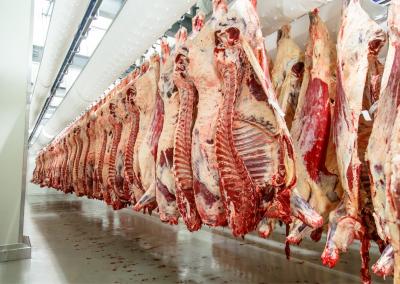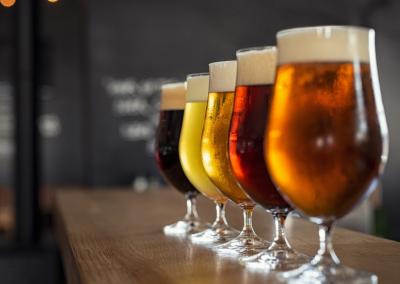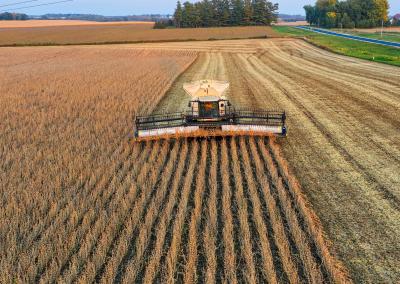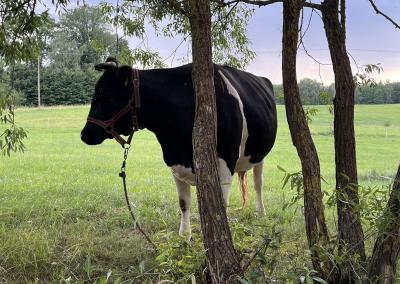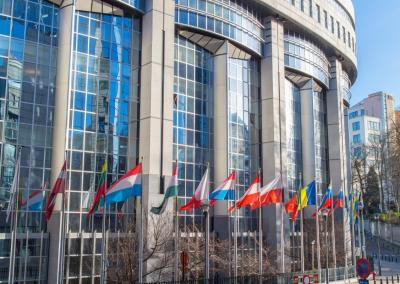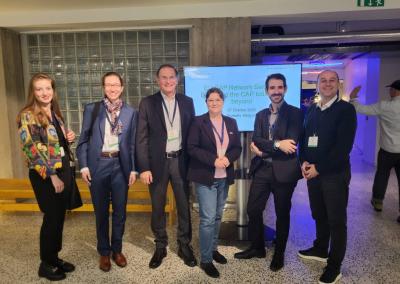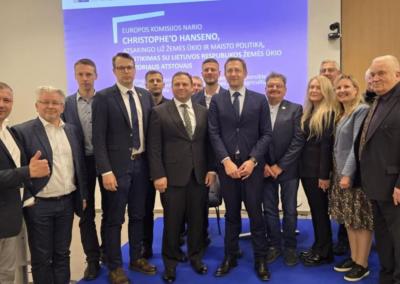EU Commissioner Hansen on agriculture: we need to strengthen transatlantic cooperation
On 2 October, speaking at the 41st North America-European Union Agriculture Conference, Christophe Hansen, the European Commissioner for Agriculture and Food, called for stronger transatlantic cooperation to more effectively address common agricultural challenges arising from climate change, geopolitical instability and disrupted trade flows.
Climate change and economic challenges – a common challenge on both sides of the Atlantic
In his speech, Mr Hansen stressed that farmers in both Europe and North America are increasingly confronted with unpredictable climatic events and economic fluctuations.
Droughts, floods, frosts, animal diseases and volatile production costs (especially rising prices for fertilisers, feed and energy) are posing a serious threat to agricultural stability, he said.
New EU-US trade deal – a compromise for stability
C. Hansen unveiled a new trade agreement between the European Union and the United States, under which the EU has agreed to 15% tariffs on some US agricultural goods in return for a list of tariff-free and quota-free imports.
According to the Commissioner, this compromise avoided a potential trade conflict and created the basis for further constructive dialogue.
The agreement also opens the way for tariff reductions in the wine, beer, spirits and other product sectors, thus promoting mutual investment and competitiveness.
Innovation – the engine of sustainable agriculture
C. Hansen stressed that the future of agriculture depends on innovation and the introduction of advanced technologies.
He called for investment in precision farming, digital solutions, data analysis systems and advanced plant and animal breeding techniques.
He cited the example of EU-Canada cooperation under the "Horizon Europe" programme, where projects include the development of sustainable packaging, the use of agricultural waste in the bio-economy, and the integration of digital solutions into food supply chains.
CETA results – growth in bilateral trade
C. Hansen also presented the impact of CETA (the EU-Canada Free Trade Agreement) on the agricultural sector.
Since 2017, EU cheese exports to Canada have increased by 97% and Canada has become the fifth largest market for EU cheese.
In addition, in the first half of 2025, Canada exported the same amount of cereals to the EU as it did in the whole of 2024, which, according to the Commissioner, reflects the active and successful bilateral cooperation.
Looking to the future: cooperation instead of competition
In his concluding remarks, Mr Hansen stressed that transatlantic dialogue and partnership are essential to ensure food security, environmental protection and the resilience of the agricultural sector to global challenges. "We need to unite not only on trade, but also on values – for a sustainable, progressive and fair agriculture that will secure the future of our people and our planet," said the EU Agriculture and Food Commissioner.
The 41st North America-European Union Agriculture Conference showed once again that global challenges require joint solutions. Climate change, market volatility and technological transformation are connecting farmers on both sides of the Atlantic, and transatlantic cooperation is becoming a key guarantee for the stability and sustainability of agricultural policy.

